Gregor MacGregor: The Most Successful Conman in History
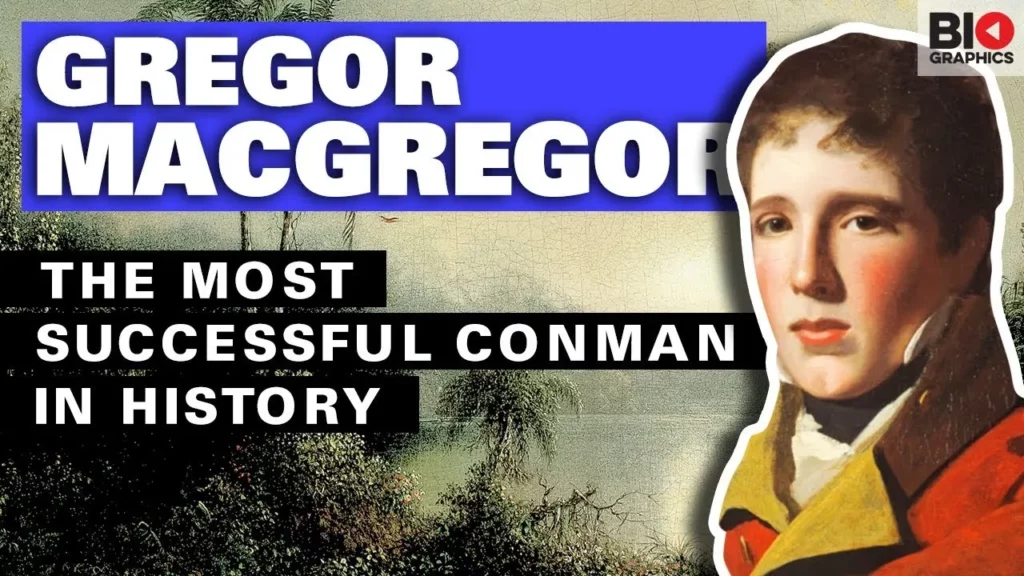
The lesson of Gregor MacGregor’s life serves as a cautionary tale about the dangers of deception and the allure of charm. MacGregor, a master con artist, created an elaborate scam involving a fictitious country called Poyais, leading many to invest their savings and ultimately suffer tragic consequences. His story highlights the importance of skepticism and vigilance in the face of seemingly trustworthy individuals who may exploit others for personal gain.
Father Gabriele Amorth: The Vatican’s Chief Exorcist
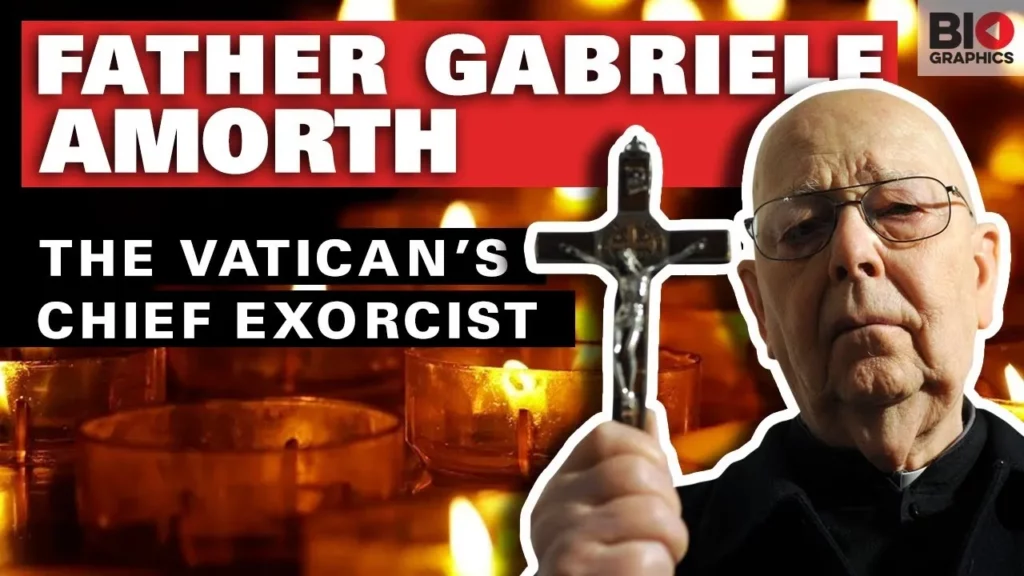
The lesson delves into the life and work of Father Gabriele Amorth, the Vatican’s chief exorcist from 1986 until his death in 2016. It highlights his journey from a WWII resistance fighter to a priest and exorcist, detailing his structured approach to exorcism, which included psychiatric evaluations and a deep understanding of both faith and psychology. Amorth’s legacy continues to influence discussions on the spiritual and supernatural, emphasizing the complex relationship between belief and mental health.
William Wallace: Scotland’s larger Than Life Hero
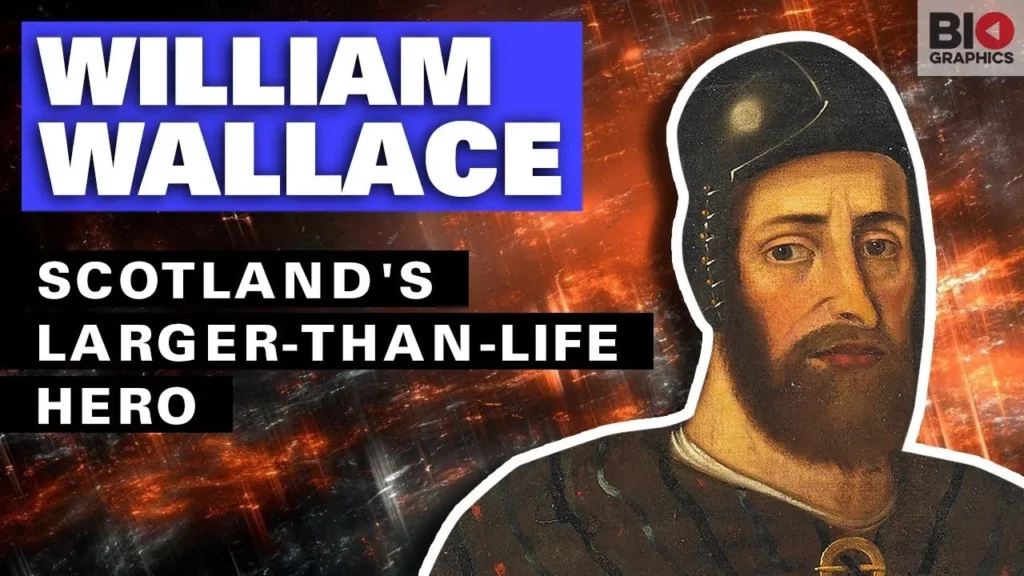
The lesson on William Wallace highlights his role as a pivotal figure in Scotland’s fight for independence during the late 13th century, emphasizing the complexities of his life beyond the popular portrayal in the film *Braveheart*. Born into a family of minor landowners, Wallace emerged as a leader during the First War of Independence, achieving notable victories such as the Battle of Stirling Bridge, but ultimately facing defeat and execution. Despite his tragic end, Wallace’s legacy as a symbol of Scottish resistance continues to inspire future generations.
Alexander Fleming: The Father of Antibiotics

The lesson highlights the life and contributions of Alexander Fleming, who is celebrated as the father of antibiotics for his accidental discovery of penicillin in 1928. Fleming’s journey from a farming background in Scotland to a distinguished medical career illustrates his dedication to science, culminating in a groundbreaking finding that revolutionized medicine and paved the way for modern antibiotics, despite the collaborative efforts of many scientists in its development. His legacy continues to impact healthcare, emphasizing the importance of addressing antibiotic resistance.
Peter the Great: Founder of the Russian Empire
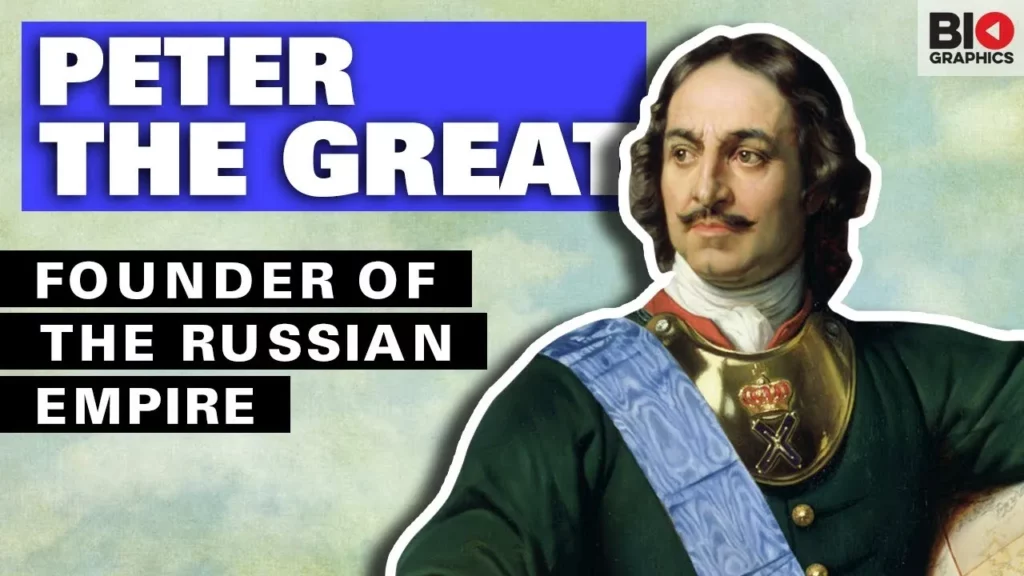
Peter the Great was a transformative ruler who modernized Russia, turning it into a powerful empire influenced by Western European ideas in various fields, including military, science, and culture. His reign was marked by significant reforms, military campaigns, and the establishment of Russia as a maritime power, particularly through the Great Northern War against Sweden. Despite facing personal and political challenges, Peter’s legacy profoundly shaped both Russian and European history.
Enzo Ferrari: Speed, Passion, and Rivalry
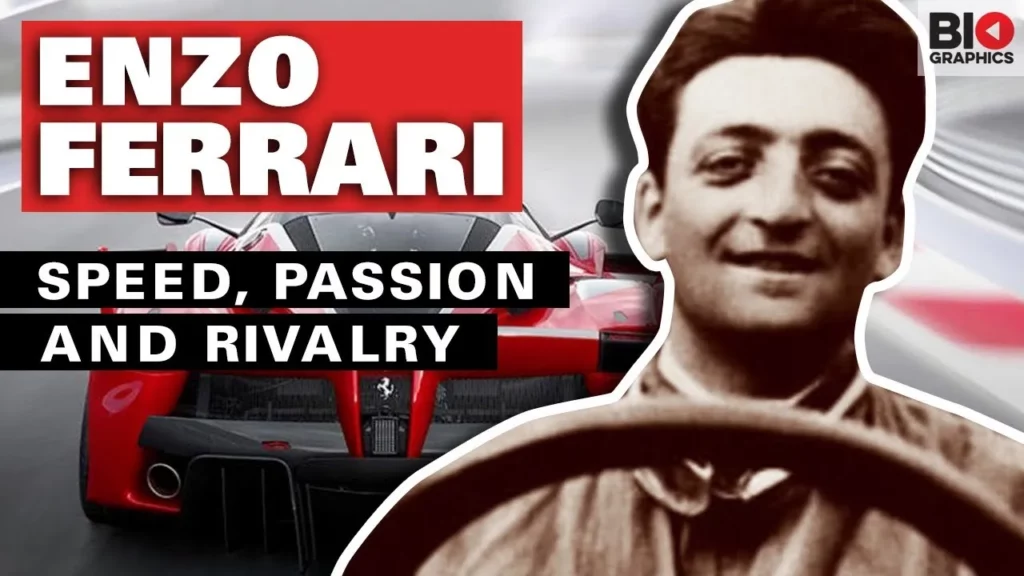
The lesson on Enzo Ferrari explores his relentless pursuit of speed and passion for racing, highlighting his journey from a young boy fascinated by cars to the founder of one of the most iconic automotive brands in history. It details his early life, the challenges he faced during World War I and II, and his fierce rivalries with competitors like Maserati, all while emphasizing his philosophy of thinking and acting as a winner. Ultimately, Ferrari’s legacy is marked by his innovative spirit and the establishment of a racing dynasty that continues to inspire enthusiasts today.
Vespasian: Savior of Rome & Father of the Colosseum
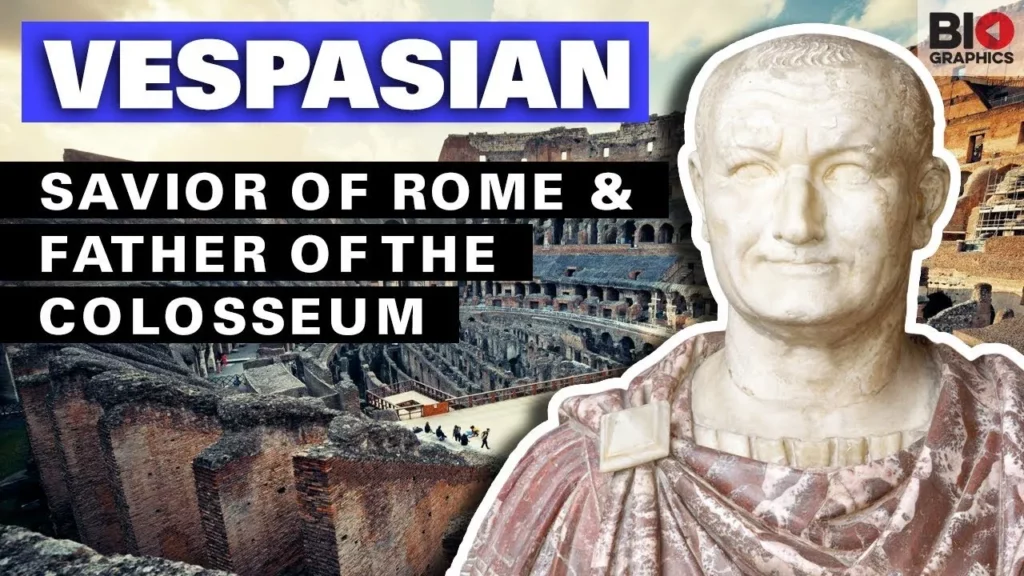
The lesson on Vespasian highlights his rise to power during the tumultuous Year of the Four Emperors, where he established the Flavian Dynasty and restored stability to Rome following Emperor Nero’s suicide. His reign was characterized by significant infrastructure projects, including the construction of the Colosseum, and efforts to rebuild the economy after the Great Fire of 64 AD. Vespasian’s legacy is marked by his ability to navigate political chaos and his contributions to Roman architecture and governance.
Franz Ferdinand: The Man Whose Death Caused WWI
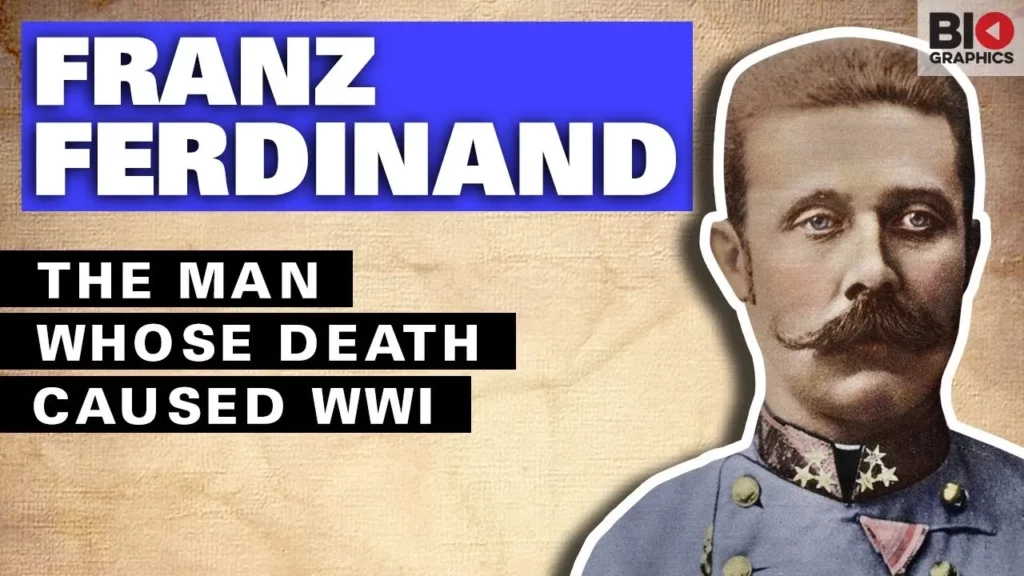
The lesson explores the life and significance of Archduke Franz Ferdinand, whose assassination on June 28, 1914, in Sarajevo ignited World War I. Despite his potential for reform within the Austro-Hungarian Empire, his untimely death led to a catastrophic conflict that reshaped the world and resulted in millions of casualties. The lesson emphasizes the importance of understanding the personal stories behind historical events and how individual actions can have profound global consequences.
Maximilian I: The Austrian Dictator of Mexico
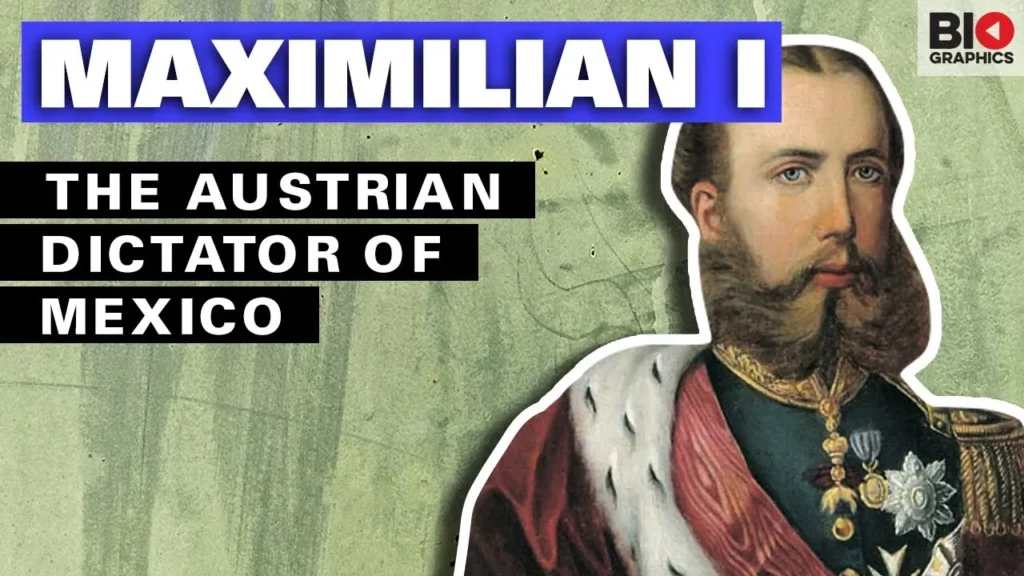
The lesson on Maximilian I explores his unexpected rise to power as the Austrian emperor of Mexico amidst the country’s political turmoil in the 1860s. Initially sought by Mexican aristocrats to stabilize the nation, Maximilian’s governance was marked by a clash between his liberal reforms and the expectations of his conservative supporters, ultimately leading to his downfall. His execution in 1867 underscores the complexities of ambition and the influence of geopolitical forces in shaping historical events.
Eddie Chapman: World War II’s Most Unlikely Double Agent
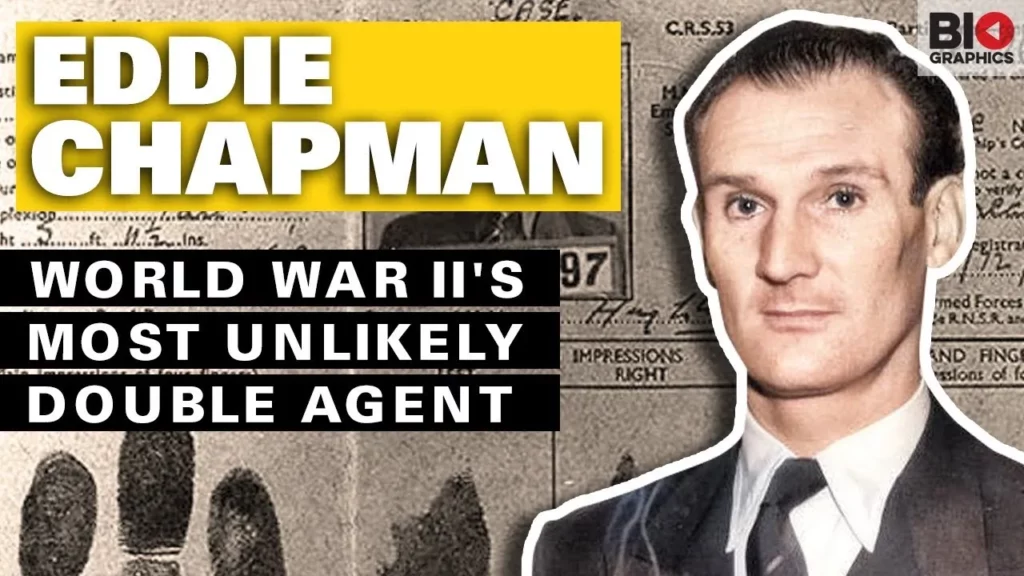
Eddie Chapman, an unlikely double agent during World War II, transformed from a troubled youth and criminal into a pivotal figure in espionage. After serving in the military and becoming entangled in crime, he seized the opportunity presented by the war to offer his services to both British and German intelligence, ultimately becoming a double agent for MI5 under the codename “ZigZag.” His complex legacy includes acts of bravery, deception, and a tumultuous lifestyle, culminating in a post-war life that oscillated between legitimate business and black market dealings.